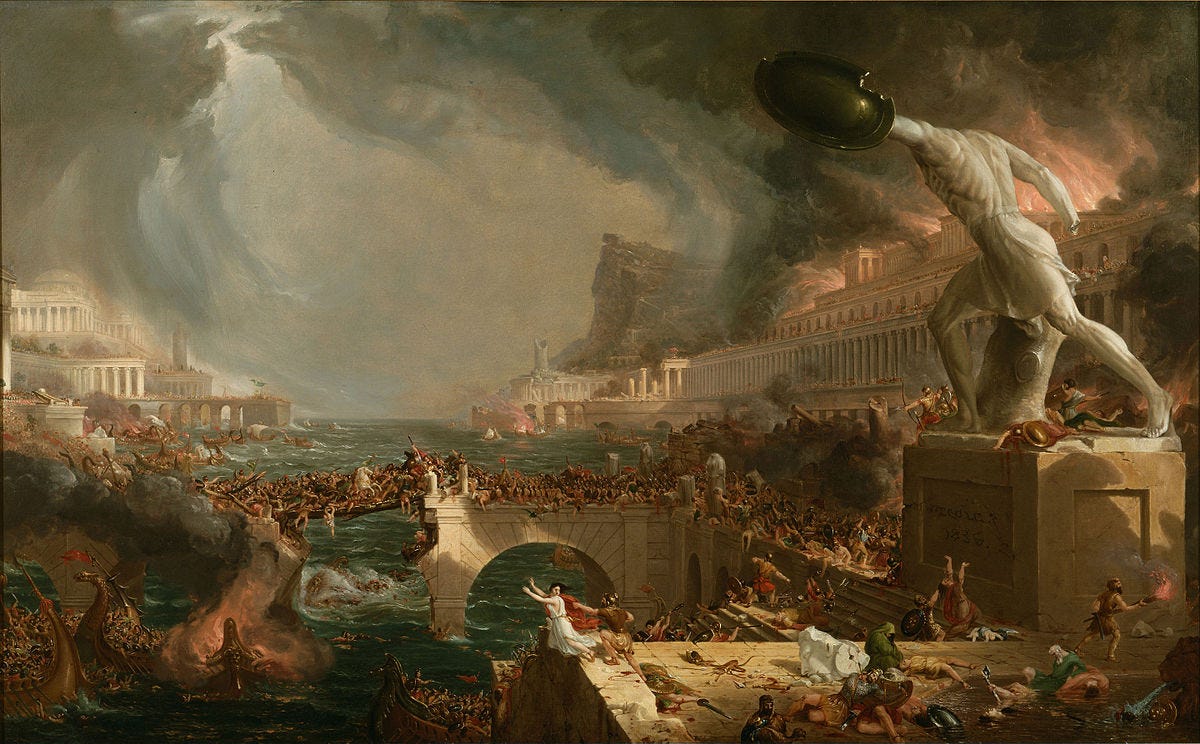A Supply of Uncertainty Demands Change
The law of supply and demand applies in uncertain times

“Life is divided into three periods: past, present, and future. Of these, the present is short, the future is doubtful, the past is certain.” — Seneca, 49
We spend an inordinate amount of time wondering about the future: prognosticating, forecasting, and predicting, then changing those estimations based on observing daily occurrences.
CEOs look for futurists—those modern-day versions of Pythia, the high priestess at the Temple of Apollo, known to successive generations as the Oracle at Delphi. It is the futurist, they portend, who will cure their organization of its present ills and prepare it for what awaits.
For as long as there have been remote mountain plateaus and belief in higher powers, we’ve sought the advice of those who inhabit them. Whether granted by isolation, meditation, or a closer commune with the gods, humans have bestowed upon these individuals powers of sight. Their proph…



